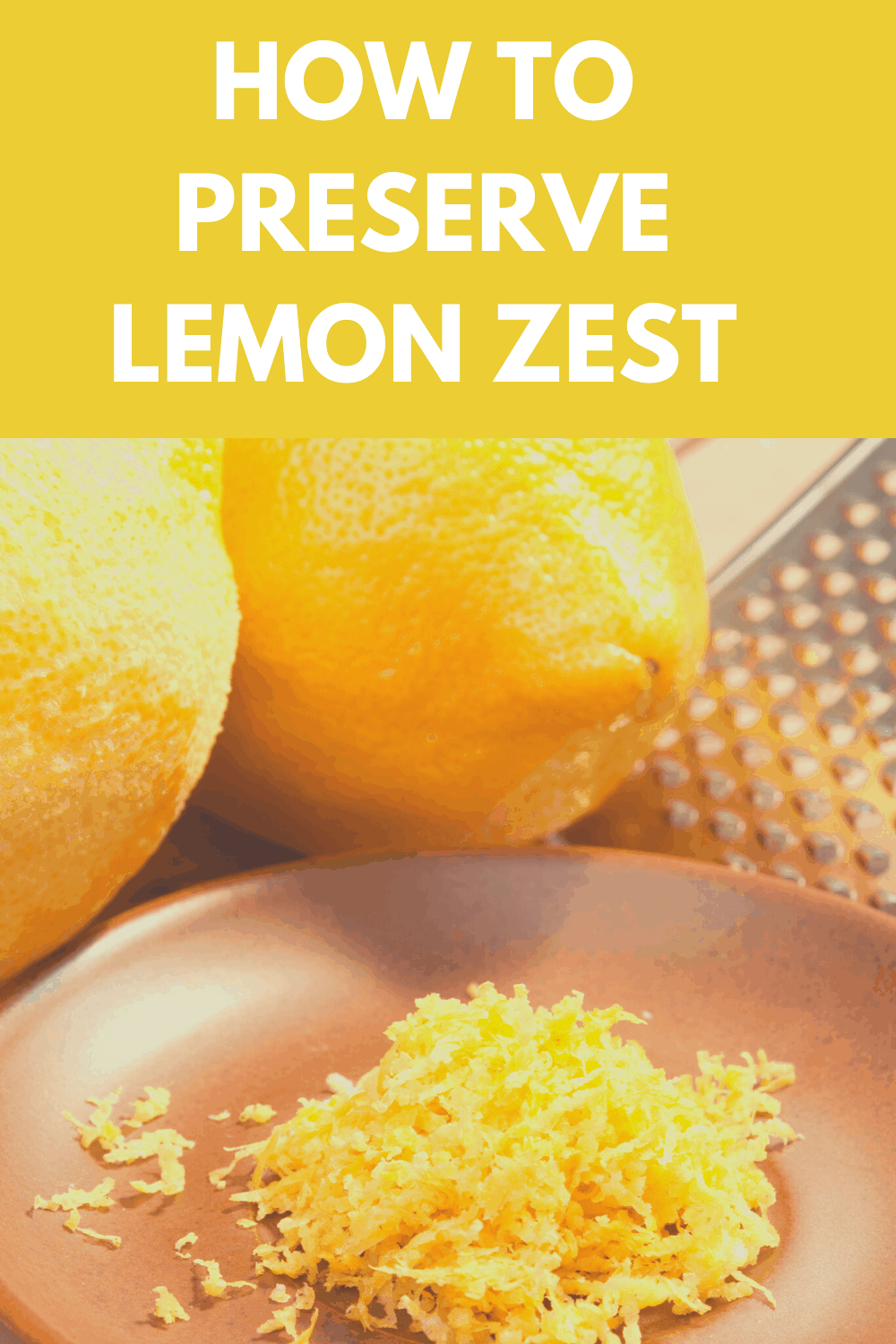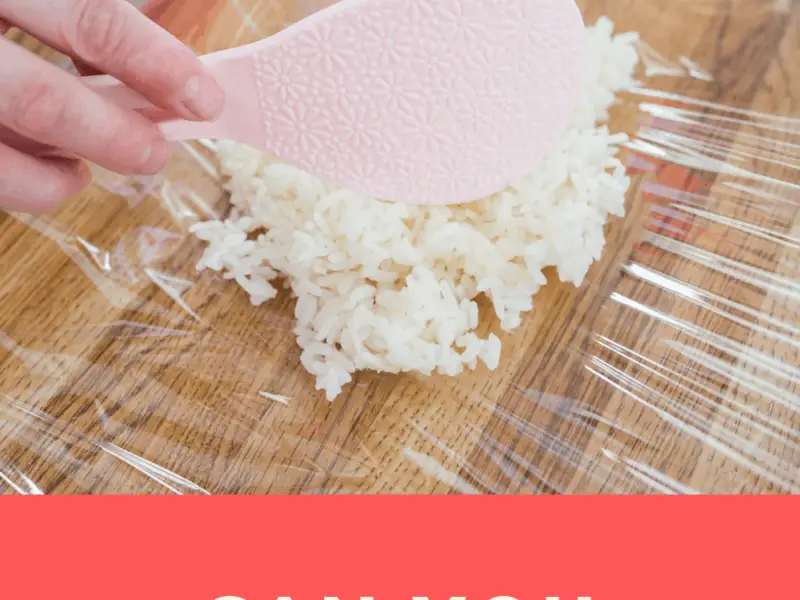I am a well-rounded expert with proficiency in several fields. My experience spans from being a dedicated chef and homemaker. As a passionate homesteader, I’ve honed my skills in sustainable living and animal care, ensuring a holistic approach to everything I undertake. Email me or Txt: (# removed due to spam, please email)
If you have been cooking for a while, then chances are that you need to preserve lemon zest at some point. There are many ways to do this, and in this blog post, we’re going to look at 3 of the most popular methods: freezing, dehydrating and freeze-drying!
How to preserve lemon zest
There are several methods for preserving lemons and lemon zest. The process is different depending on what you are trying to preserve, so we’ll explore a few of the most popular methods in this blog post.
Freezing
As with many other things in life, freezing is a great way to store lemon zest for later use when it’s not available or cost-effective (due to seasonality). It can last for up to 6 months in the freezer and taste as fresh as the day you added it. Here the instructions:
- -When zesting your fruit, it’s important to make sure that the fruit is completely clean and dried off beforehand so that you do not introduce any bacteria into the dish.
- -Zest the fruit with a zester or the finest holed grater you have.
- -Don’t go too deep, you only need the first outer layer of zest.
- -Smooth the grated zest out as thinly as you can on a paper towel or clean cloth, parchment paper, or a cookie sheet.
- -Quickly freeze (optional: 20 minutes) to prevent it from sticking together.
- -Transfer your zest to an airtight container or freezer bag and store in your freezer until you need some fresh lemon flavor again.
Ice cubes
Freezing lemon zest into ice cubes is also an effective method, albeit for a different purpose (often drink-related). The instructions are mostly the same as above, with a few changes.
- -When zesting your fruit, it’s important to make sure that the fruit is completely clean and dried off beforehand so that you do not introduce any bacteria into the dish.
- -Zest the fruit with a zester or the finest holed grater you have.
- -Don’t go too deep, you only need the first outer layer of zest.
- -Place desired amounts of zest into an ice cube tray and fill with water (or lemon juice or any liquid of choice).
- -Freeze!
How to dry lemon zest
Oven method
- -Place desired amounts of zest on a baking sheet lined with parchment paper. Make sure that the pieces are not touching each other and spread out as evenly as possible, making space for air to circulate around them.
- -Bake in a preheated oven at your lowest temperature setting (usually 150°F) for about 12 hours or until dry enough to break apart easily when touched.
- -Cool completely before breaking up into smaller chunks or tossing them into a jar. Store the remainder of any unused portion in an airtight container away from sunlight and heat sources such as stovetops, fireplaces, radiators, and vents.
Dehydrator method
- -The same as the oven method, but with a dehydrator.
- -Spread out on nonstick sheets and dry at your lowest setting until crispy (about 12 hours).
- A word of warning, things always tend to feel dryer than they actually are while warm. So let it cool down before determining if it’s ready or not, or if it needs another spin in the oven or dehydrator.
Freeze drying
This option isn’t going to be available to most of you reading this article, But for the ones who it is available for:
- -You will need a vacuum system with the appropriate filters.
- -Place pieces of zest on a screen, tray or other nonstick surface and set the freeze dryer to factory specified instructions for citrus peels.
- -The freeze-dried lemon zest is very brittle when it’s done. So be careful not to break your jar as you’re removing them! They won’t shrivel up as much as dehydrated zest.
Bottom line:
- -Freezing is the most accessible and easiest way to preserve lemon zest. It will keep for a few months in the freezer, but it’s not going to last as long as dehydrated or freeze-dried zests.
- -Dehydrating takes more time than freezing, but can also be done at home with relative ease. Dehydrated zest lasts sixteen months if properly sealed in an airtight container away from light and heat sources. After 6 months it may start to degrade.
- -Freeze drying is expensive, the equipment cost is massive. It’s the best method for preserving lemon zest but has the largest investment. If you have a freeze dryer this is the method you should use.



